Munich International
Patent Law Conference
2018
Equivalent Patent Infringements
22 June 2018
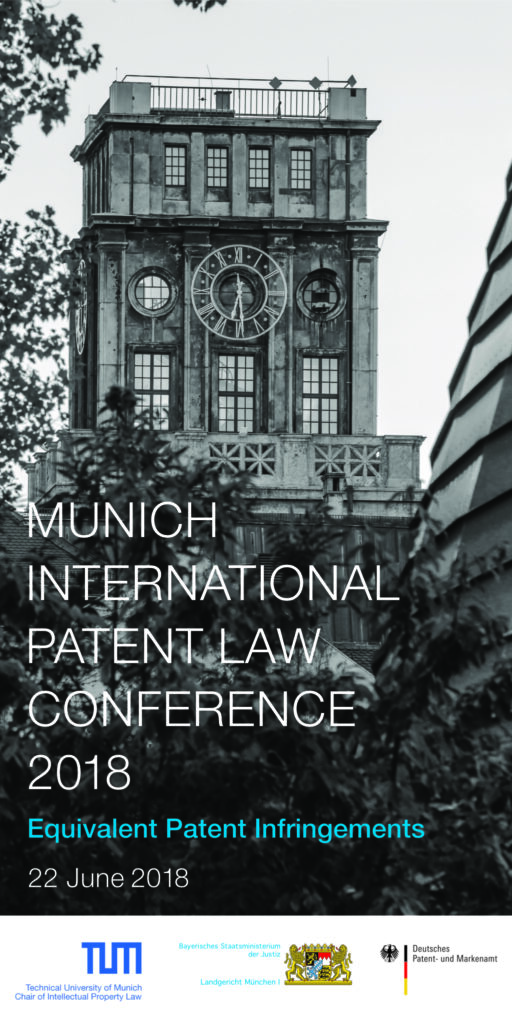
Munich International Patent Law Conference 2018 topic outline:
Equivalent Patent Infringements
The (sixth) Munich International Patent Law Conference 2018 addresses one of the major issues of patent law: Equivalent Patent Infringement. For many years, patent infringements under the doctrine of equivalents were considered to be no practical risk (or chance). This certainly held true for all EPO member states. But also from the U.S., the message was to “forget about it in practice”.
In the last few years, this has changed. For Germany, the Bundesgerichtshof rendered its landmark decisions Diglycidyl Compound (Diglycidverbindung) of 2011 and Cookware (Kochgeschirr) of 2015, which were followed by a number of lower court decisions. However, in its decision Occlusion Device (Okklusionsvorrichtung) of 2011 the Bundesgerichtshof also expressed that the patentee must not have “waived” its claim for protection by disclosing the alternative embodiment in the patent (without claiming it).
In the UK, it looks as if the Supreme Court revived the doctrine of equivalents in last summer’s case Actavis vs. Eli Lilly about Pemetrexed. From the U.S. Federal Judge James L. Robart tells us that the doctrine of equivalents is still around, as it is in Japan, Asia’s leading patent system. There, in 2016 the IP High Court decided and readjusted the doctrine of equivalents in its landmark decision Maxacalcitol, and we are happy to welcome IP High Court’s Chief Judge Misao Shimizu-sensei as our distinguished speaker.
For patent drafting, we need to understand how to draft patent applications so as to best cover – already known or not yet existing – equivalents. Until a few years ago, it had been clear to German practitioners that indicating alternative embodiments in the description helped to extend the scope of protection under the doctrine of equivalents. For Germany, this no longer seems to be true, as mentioning alternatives without claiming them could be considered “waivers” of the right to patent. But how do patent applications need to be drafted in other important jurisdictions?
At the Munich International Patent Law Conference 2018, we shall scrutinize and compare the doctrine of equivalent’s factual background as well as its substantive requirements – always with regard to their consequences for litigating patents as well as for drafting patent of applications in Germany, France, the UK, the U.S., and Japan. Because in 2018 our fifth country once again will be Japan, just as at the first Munich International Patent Law Conference 2013!
Speakers
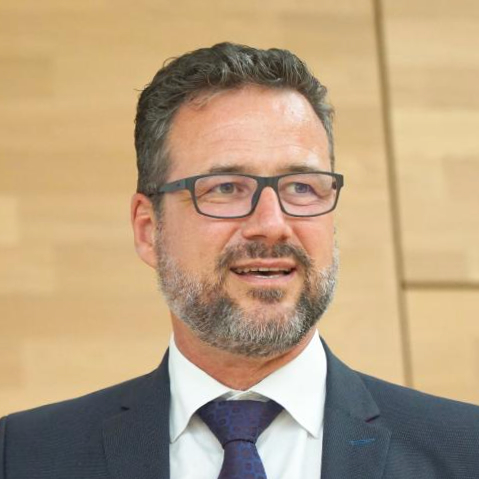
Christoph Ann
TUM Professor of Law
Technical University of Munich, Germany
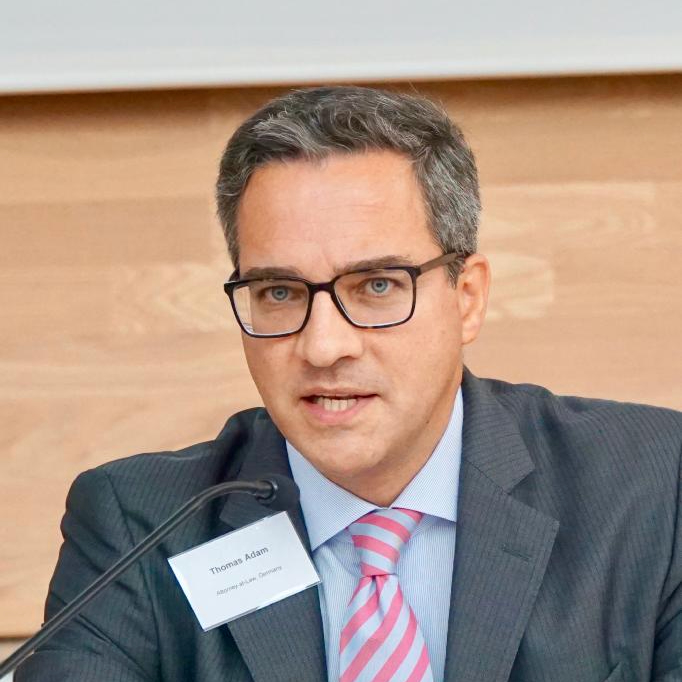
Thomas Adam
Attorney at Law
Simmons & Simmons, Germany
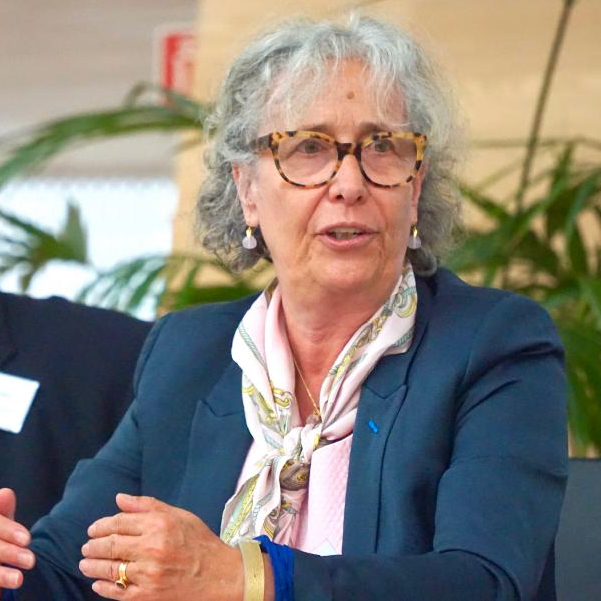
Marie-Christine Courboulay
Vice-President
Tribunal de Grande Instance,
Paris, France
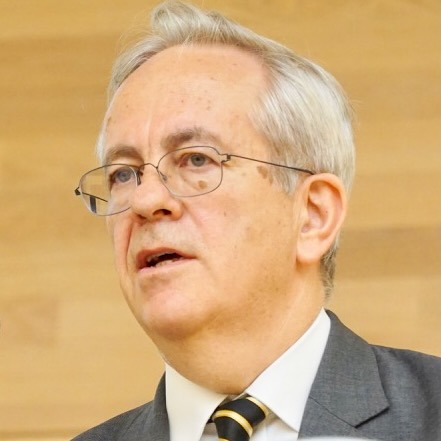
The Rt Hon Sir Christopher Floyd
Lord Justice of Appeal
Court of Appeal of England and Wales, United Kingdom
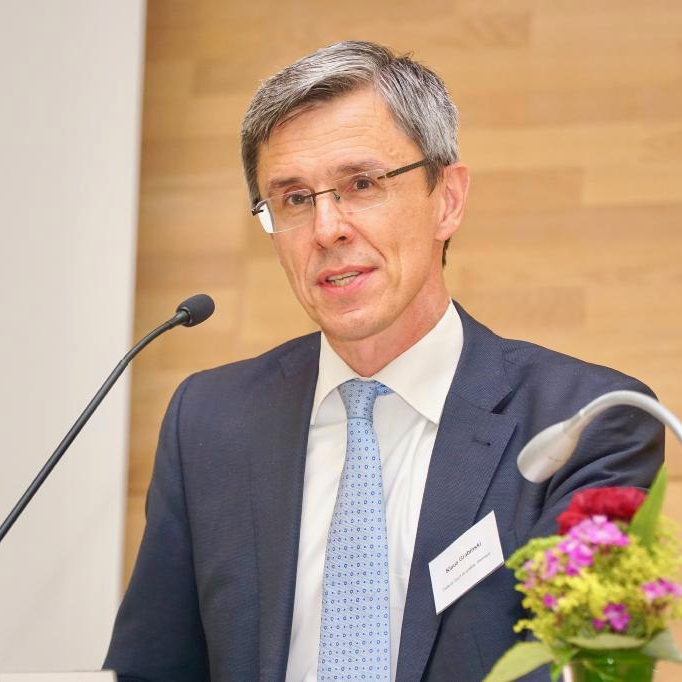
Klaus Grabinski
Federal Judge
Federal Court of Justice, Germany
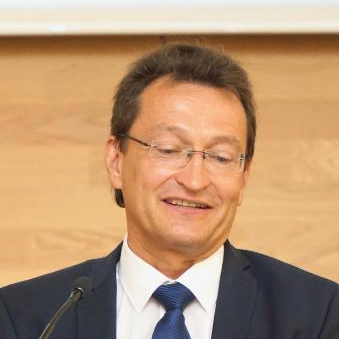
Peter Gunz
Former Presiding Judge
Regional Court Munich I, Germany
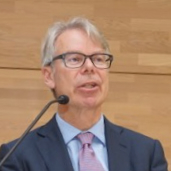
Hans-Joachim Heßler
President
Regional Court Munich I, Germany
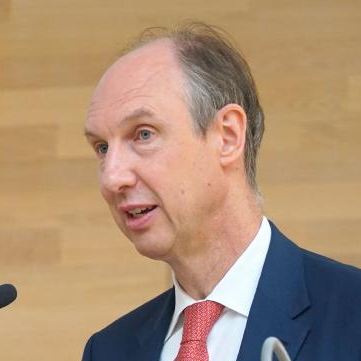
Johannes Heselberger
Attorney at Law, European Patent Attorney
Bardehle Pagenberg, Germany
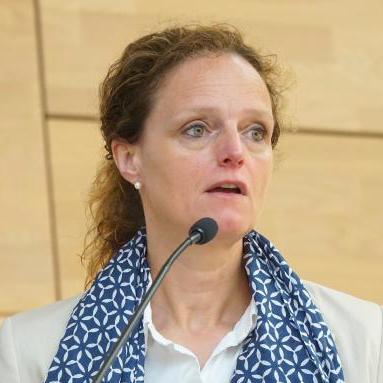
Sabine Klepsch
Presiding Judge
Regional Court Düsseldorf, Germany
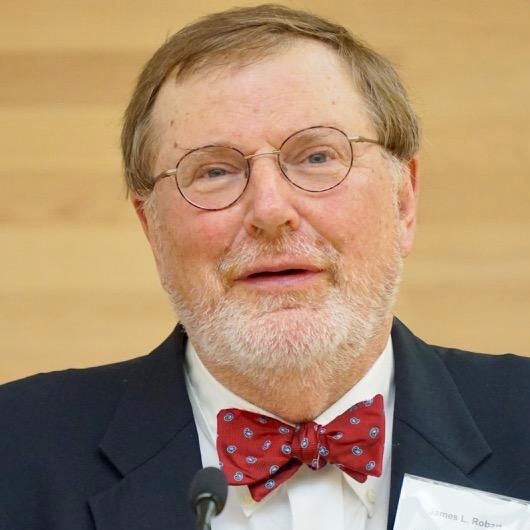
James L. Robart
Federal Judge
U.S. District Court for the Western District of Washington, Seattle, USA
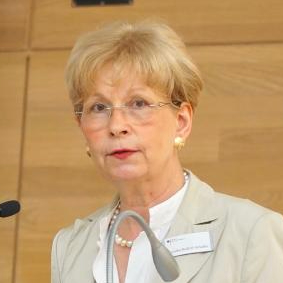
Cornelia Rudloff-Schäffer
President
German Patent and Trademark Office
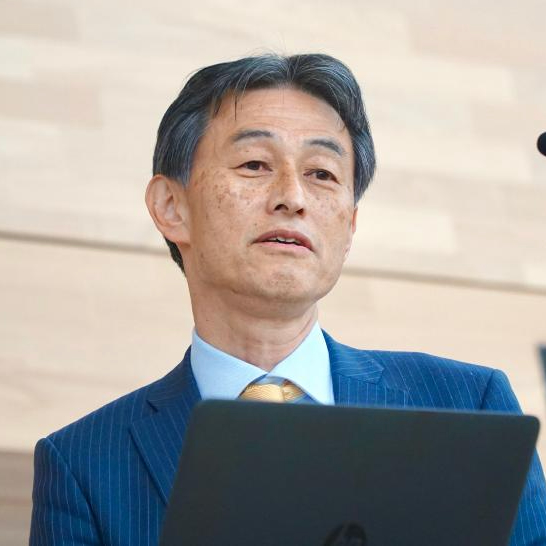
Misao Shimizu
Chief Judge
IP High Court of Japan
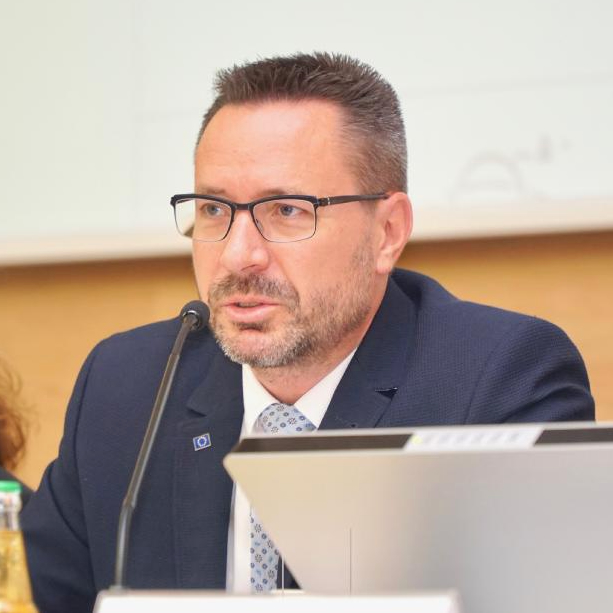
Matthias Zigann
Presiding Judge
Regional Court Munich I, Germany
Gallery
Contact
- events@munichinternationalpatentlaw.de
- +49 -89 - 289 28662
MPLC
Munich International Patent Law Conference